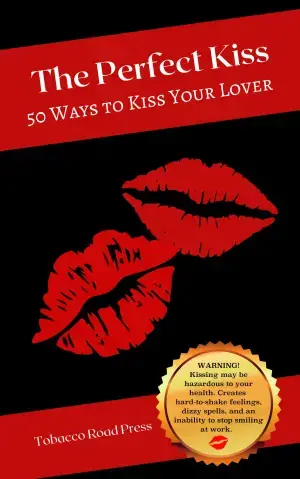Reflecting on the Depths of Justice: A Review of Come to Harm
When I first stumbled upon Come to Harm, the debut in the Detective Fran Harman Mysteries series by Judith Cutler, I was instantly drawn in. The promise of a complex female protagonist navigating the turbulent waters of menopause, career, and family responsibilities resonated with me deeply. Plus, who can resist a gripping British crime thriller that promises both depth and intrigue?
From the outset, Detective Chief Superintendent Fran Harman is a character you can’t help but root for. At fifty-three, she’s juggling the challenges of impending retirement, caring for her elderly parents, and tackling a deceptively intricate cold case. Cutler masterfully dives deep into Fran’s psyche, portraying her as both flawed and exceptionally competent—an embodiment of many women grappling with the complexities of life in their fifties. Her relatable struggles, from her demanding job to the emotional toll of family obligations, paint a genuine portrait that feels refreshingly human.
The narrative centers around the mysterious case of Elise, a victim found battered and left in a persistent vegetative state. As Fran races against time, with doctors preparing to switch off Elise’s life support, the race to uncover the truth intensifies. The tension crafted by Cutler is palpable, as each twist and turn pulls you deeper into the narrative, leaving you questioning motives and relationships at every corner. I found myself guessing—who really is this mysterious man who visited Elise? What secrets lie beneath the surface of this seemingly sleepy town?
Cutler’s prose is not only engaging but also clever, utilizing alternating perspectives that keep the reader on their toes. The contrast between Fran’s professional world and the haunting presence of Elise’s visitor adds layers to the story, creating a compelling and multi-faceted narrative. The pacing is deftly managed, building suspense while allowing moments for Fran’s personal life to breathe—perfectly balancing the procedural elements with heartfelt themes.
One of the most memorable aspects of Come to Harm is its emotional depth. You can’t help but feel for Fran as she navigates the demands of her job while grappling with her own mortality and the complexity of familial love. The community around her, as depicted in the cozy village of Lenham, feels both inviting and suffocating—a testament to Cutler’s skill at painting vivid backdrops that reflect the inner turmoil of her characters. One reviewer remarked, “It’s a book with a core. Honesty and empathy,” and I couldn’t agree more.
Overall, Come to Harm is an absolute triumph, perfect for readers who enjoy a rich blend of character development and suspense. It’s a thoughtful examination of aging, duty, and the relentless pursuit of justice, wrapped in a thrilling narrative. If you’re a fan of authors like Patricia Cornwell or Karin Slaughter, I wholeheartedly recommend diving into this captivating world. Personally, reading this book left me reflecting on the intricate dance between personal responsibility and professional ambition, reminding us all that we’re not alone in our struggles.
In conclusion, Judith Cutler has not only crafted an engaging thriller in Come to Harm, but she’s also given us a relatable protagonist who faces the realities of life head-on. This powerful blend of intrigue, emotion, and complexity truly resonated with me, leaving me eager for the next installment in the series. If you enjoy crime fiction that feels like it echoes your own experiences, do yourself a favor—pick this one up!






